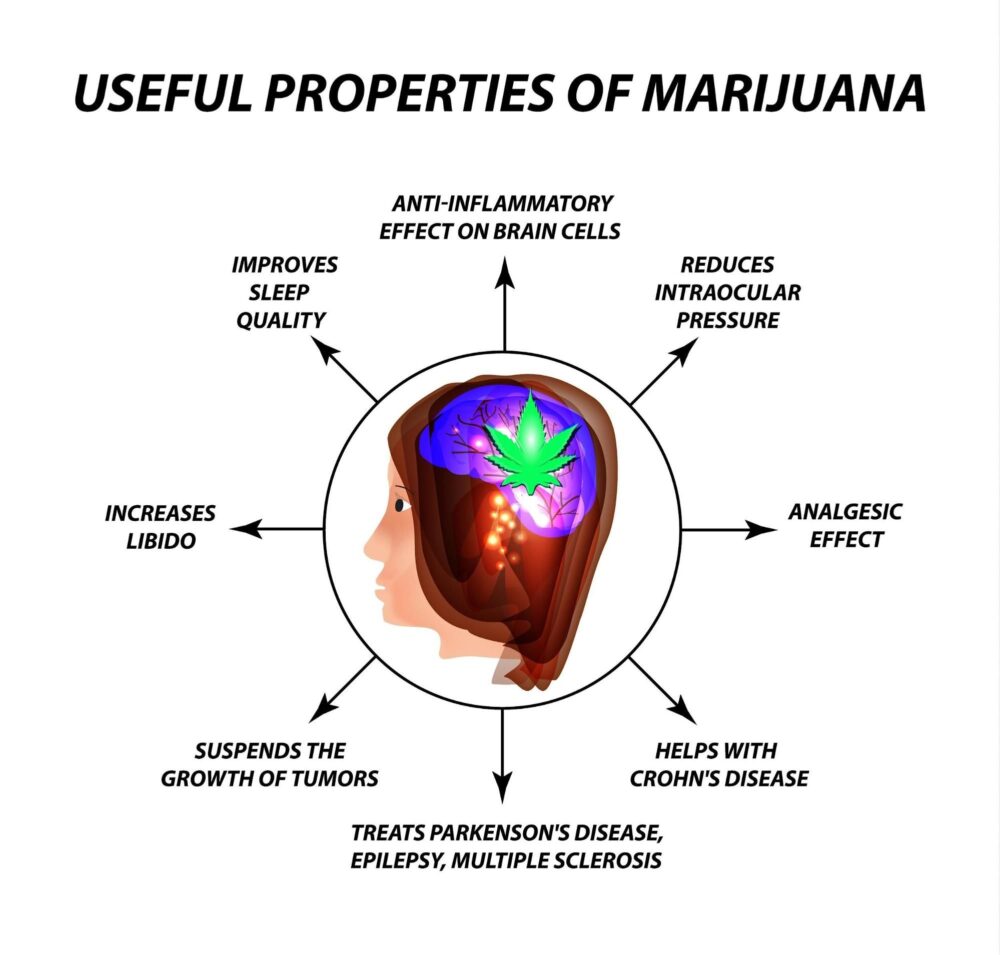In today’s society, the conversation surrounding alcohol and substance misuse has gained significant traction.
However, despite the increasing awareness, there remains a critical gap in education, particularly within schools. Emphasising the importance of educating children about the dangers of alcohol and substance misuse is essential for fostering a healthier future generation.
This article explores the reasons why such education should be prioritised, highlighting its potential impact on young lives.
Understanding the Landscape of Substance Misuse

Source: bicyclehealth.com
Substance misuse among young people is a growing concern across the globe. According to the National Health Service (NHS), approximately 1 in 6 young adults aged 16-24 admit to consuming drugs in the past year.
This statistic underscores the urgency of addressing substance misuse in educational settings.
Early exposure to alcohol and drugs can lead to a range of negative outcomes, including addiction, mental health issues, and impaired academic performance.
The Role of Education
Education plays a pivotal role in shaping attitudes and behaviours.
By introducing comprehensive programmes on the dangers of alcohol and substance misuse at an early age, schools can equip children with the knowledge and skills necessary to make informed choices.
Here are several reasons why this emphasis is crucial:
1. Early Intervention
The earlier children are educated about the risks associated with alcohol and substance misuse, the better equipped they will be to resist peer pressure and make healthier choices.
Research indicates that early intervention can significantly reduce the likelihood of substance misuse later in life.
By providing children with the tools to understand the consequences of their actions, schools can help prevent the onset of addiction.
2. Promoting Healthy Coping Mechanisms

Source: highfocuscenters.com
Many young people turn to alcohol and drugs as a means of coping with stress, anxiety, or social pressures.
By educating children about these issues, schools can promote healthier coping mechanisms. For instance, teaching stress management techniques, emotional regulation, and social skills can empower children to seek help and support rather than resorting to substance misuse.
3. Creating a Supportive Environment
When schools prioritise education on alcohol and substance misuse, they create an environment that encourages open discussion about these topics.
This can help to destigmatise substance misuse and create a culture of support.
Students should feel comfortable discussing their concerns and experiences without fear of judgement. Schools can also collaborate with local drug rehabilitation centres to provide resources and support for students and their families.
The Impact of Peer Influence
Peer influence is a significant factor in adolescent behaviour. Many young people may feel pressured to engage in substance use to fit in or gain acceptance.
By providing education on the dangers of alcohol and substance misuse, schools can help students develop critical thinking skills that enable them to resist peer pressure.
Discussions around real-life scenarios and role-playing exercises can prepare students to navigate challenging situations effectively.
The Role of Parents and Guardians

Source: ftcollinsimagine.com
While schools play an essential role in educating children, parents and guardians also have a crucial part to play.
Open communication between parents and children about alcohol and substance misuse can reinforce the lessons learned in school.
Parents should feel empowered to discuss their own experiences and the potential consequences of substance use, fostering an environment of trust and understanding.
Collaborating with Communities
Schools should not work in isolation when addressing alcohol and substance misuse.
Collaboration with community organisations, health services, and rehabilitation clinics can enhance educational efforts.
These partnerships can provide valuable resources, guest speakers, and workshops that further engage students and their families in discussions about substance misuse.
Adapting to the Digital Age and Evidence-Based Methods

Source: Shutterstock.com
To be truly effective, however, educational strategies must evolve to match the complexities of the modern world.
It is no longer sufficient to rely on the “scare tactics” or the simplistic “Just Say No” slogans of the past, which often alienate students rather than engage them.
Instead, schools must adopt evidence-based approaches that focus on the science of addiction.
This involves teaching students about neurobiology—specifically, how substances hijack the brain’s reward system and stunt the development of the prefrontal cortex, the area responsible for decision-making and impulse control.
When young people understand that their brains are still “under construction” until their mid-twenties, the argument against substance use shifts from a simple rule they must obey to a matter of biological self-preservation.
Additionally, educators must address the profound influence of the digital landscape. Today’s youth are bombarded with algorithmically curated content on social media that often glamorizes excessive drinking and recreational drug use.
The “party lifestyle” is frequently depicted without its consequences, creating a distorted reality for impressionable minds.
Schools need to incorporate media literacy into their substance misuse curriculum, teaching students to critically deconstruct these online narratives.
By analysing how influencers and marketing campaigns manipulate perceptions of fun and social status, students can build a psychological immunity to digital peer pressure.
This comprehensive approach—combining hard science with digital literacy—ensures that education is not just a lecture, but a relevant, life-saving toolkit for the 21st century.
Conclusion
The need for greater emphasis on educating children about the dangers of alcohol and substance misuse is more pressing than ever.
By prioritising this education in schools, we can equip young people with the knowledge and skills necessary to make informed choices, promote healthier coping mechanisms, and create a supportive environment for open discussions.
The consequences of neglecting this issue can be dire, leading to increased rates of addiction and associated health problems.
Investing in education around alcohol and substance misuse not only benefits individual students but also contributes to the overall health and well-being of society.
As we look to the future, it is imperative that we take proactive steps to ensure that the next generation is informed, empowered, and ready to make choices that lead to a healthier, drug-free life.












